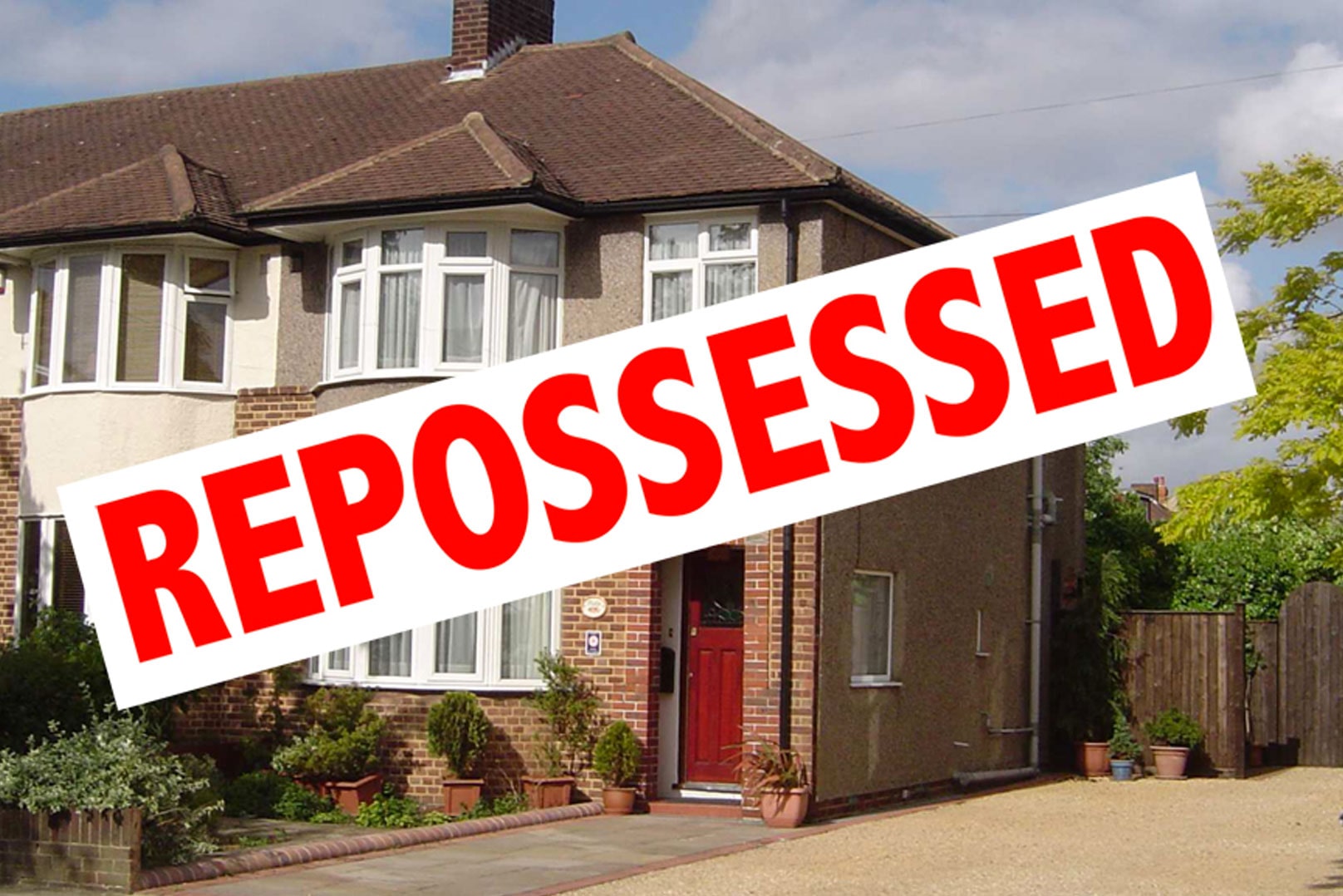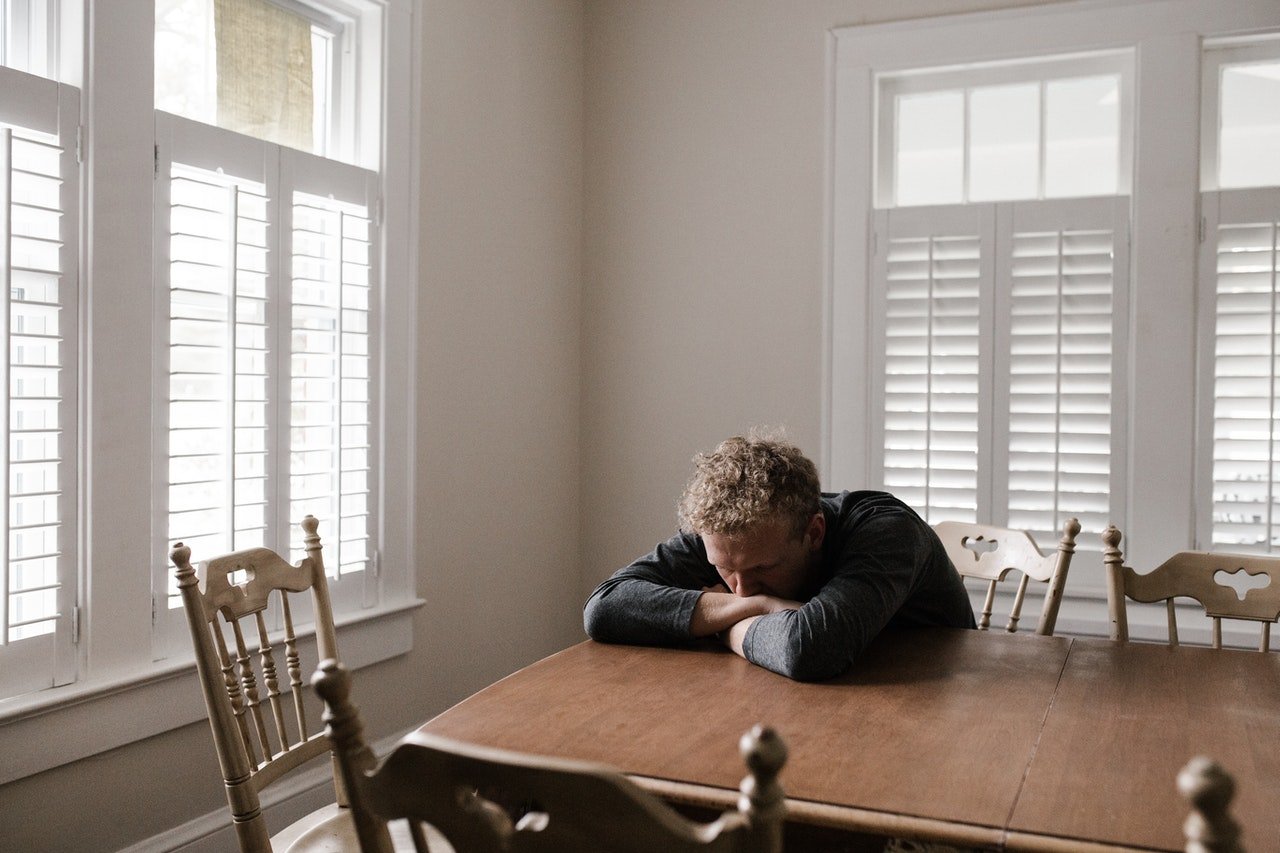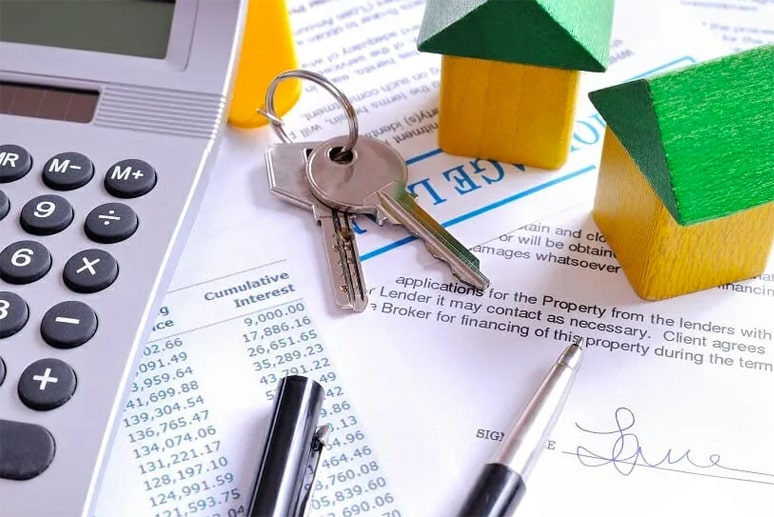The repossession process

To better understand the process, here's a very simple and quick run through of the house repossession process:
-
Missed mortgage payments: Many lenders will wait for up to three months before they send a formal notice, known as a 'default notice'. You can still stop eviction if you take action within 14 days after being notified.
-
Court proceedings: A court date will be set after the lender has started legal action. The lender will apply to the court for a possession order. This 'possession claim' is the formal legal action that a lender needs in order to regain possession of a property. It's important to remember that the mortgage provider needs a court action to repossess a property.
-
Possession hearing: A judge decides whether to grant the possession order.
-
Eviction: If granted, the homeowner is given a date to vacate the property.
Many homeowners believe homes can be repossessed without warning, which is not true.
Mortgage lenders must grant reasonable time for repayment of any shortfall before proceeding with repossession.
Understanding your rights and options can help you to take proactive steps so as to prevent repossession happening.
Here are some key reasons why it's important:
-
Protection of rights: Knowing your rights ensures you can challenge unfair practices and make informed decisions.
-
Financial impact: Repossession significantly affects your credit score, making it difficult to secure loans in the future.
-
Mental health: The stress of facing repossession can take a toll on your mental health. Understanding the process helps you manage this stress better by knowing what to expect.
Key facts and statistics
A county court in England and Wales is a civil court that handles non-criminal matters, such as debt recovery, and UK Government information states that historically, repossessions by county court bailiffs fell from a high of 9,284 in the first quarter of 2009 to 934 in the third quarter of 2018.
Then, following the termination of repossession proceedings from March to September 2020 where no repossessions took place, the Financial Conduct Authority (FCA) guidance advised mortgage lenders not to commence or continue possession proceedings until April 2021 (unless there were special circumstances).
As a result, there were only 10 repossessions from April 2020 to March 2021, although this increased after the Covid measures came to an end and hit a peak of 780 in the second quarter of 2022.
However, according to LPC Law, a firm of solicitors specialising in civil litigation, repossessions of homeowner mortgaged properties increased by more than a third during the first three months of 2024, with almost 900 properties being repossessed.
They say this is more than 35% higher than the last quarter of 2023 and represents a 9% year-on-year growth.
LPC Law state that the overall number of home repossessions still remains low compared with historic norms and the increase they report is primarily attributed to older arrears cases that are working their way through the system as courts continue to deal with Covid-related backlogs.
The consequences of repossession:
-
Credit score damage: Repossession can severely damage your credit score, making it very difficult to get loans in the future.
-
Moving out: Losing your home means finding alternative accommodation, which can be challenging and stressful.
-
Emotional: The whole process can cause significant stress and anxiety, impacting your overall wellbeing.
In the next chapter, I’ll look at stopping a house repossession order, including practical steps and resources that are available to you.










 Assess your situation
Assess your situation







